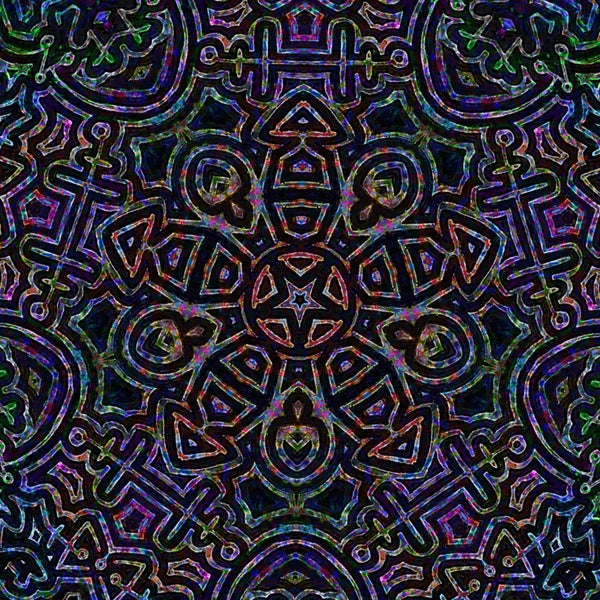Your Cart is Empty
Buy Any 4 Items, Get 15% Off Your Order!
Buy Any 4 Items, Get 15% Off Your Order!
The Role of Nonsense and the Absurd in Zen Koans
December 22, 2022

Breaking Through the Limitations of Language and Thought
Zen koans use apparent nonsense and paradox as a means of breaking through the limitations of language and conceptual thinking, which can get in the way of a deeper understanding of reality. The mind has a tendency to try to make sense of things by organizing them into categories and concepts, but this process can also create a kind of mental rigidity that prevents us from seeing things in a fresh and open way.
Injecting 'Great Doubt': The Purpose of Koans
By presenting a seemingly nonsensical or paradoxical statement, a koan can challenge the mind to let go of its preconceptions and to see things in a new light. This can help to awaken the individual to a deeper level of consciousness and insight, and to see beyond the limitations of the ego and the ordinary way of thinking. In this way, Zen koans can be seen as a kind of spiritual practice that helps individuals to cultivate a more open and flexible way of thinking, and to awaken to the deeper reality of their own being.

Although Zen koans may lack discursive meaning, they are actually designed to inject "great doubt" into the mind of the person contemplating them. Koans are meant to be difficult to understand, and it can take days, weeks, or even years for a student to fully grasp their meaning.
One of the most famous koans is the story of a monk who asks a Zen master if dogs have Buddha-nature, to which the master responds simply with the word "mu," which means no. While this may seem like a simple negative response, the koan is actually considered "the gate to enlightenment" in the Zen tradition. The goal of the koan is not to provide an answer, but rather to inspire self-discovery and encourage a direct encounter with the world independent of convention.
Alan Watts and the Parallels Between Koans and Beat Poetry
British-American philosopher Alan Watts was particularly fond of the similarities between Zen koans and beat poetry. He argued that both these forms were not meant to convey a grand meaning, but rather to evoke something deep within the listener and encourage sudden insight. According to Watts, self-discovery was not achieved by seeking, but rather by going through a process with these paradoxical stories or poems.
Koans can serve as powerful tools for self-reflection and spiritual growth. By challenging one's unconscious beliefs, and by encouraging a deeper understanding of a reality free from cherished concepts, koans can inspire us toward a deeper understanding of ourselves and the world and culture that forms us.
Buddha’s Perspective: The Illusory Nature of the World
The Buddha once said: "Kings and rulers are but motes of dust to me, their treasures naught but pebbles and bricks. Silken robes are rags in my sight, and the many worlds of the universe but seeds of fruit. The great lake of India is but a drop of oil upon my foot, and the teachings of the world mere illusion. Emancipation is but a golden brocade in a dream, and the path of enlightenment but flowers in the eye. Meditation is a mountain's pillar, and Nirvana but a daytime nightmare. Right and wrong are the serpentine dance of the dragon, and the rise and fall of beliefs but the passing of the seasons."
Leave a comment
Comments will be approved before showing up.
Also in Sacred Surreal Blog
newsletter signup
Be the first to know about upcoming sales and promos. Get a 10% discount coupon when you subscribe!
Subscribe
Sign up to get the latest on sales, new releases and more …

Storewide Sale!
Buy any 4 items and get 15% off your total order! For a limited time only.



